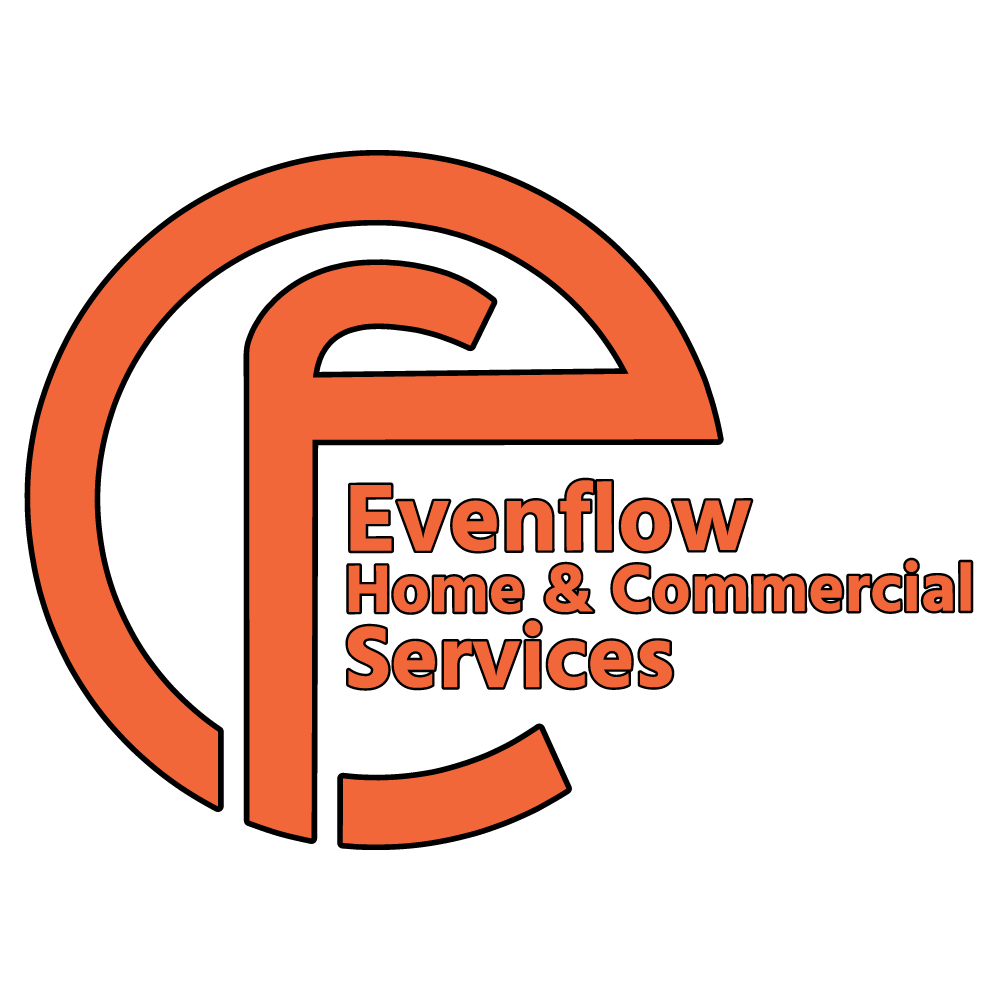Keep Your HVAC Running Like New: The Importance of Regular Tune-Ups
By addressing potential issues early, professional HVAC tune-ups keep systems running efficiently and contribute to a healthier and more comfortable indoor environment.
An HVAC system serves a strong role in keeping up indoor comfort, energy efficiency, and air quality. Regular tune-ups are key to extending the life of the system, optimizing its performance, and preventing costly repairs. By addressing potential issues early, professional HVAC tune-ups keep systems running efficiently and contribute to a healthier and more comfortable indoor environment.
Extending The Lifespan Of The System
An HVAC system represents a significant investment, and regular upkeep is critical for protecting that investment. Over time, components such as filters, coils, and motors can experience wear, leading to decreased performance or premature failure. Without proper care, minor issues can escalate into major problems that require costly replacements.
Routine tune-ups address these concerns by inspecting and servicing key components to maintain their functionality. Cleaning coils, lubricating moving parts, and replacing worn-out filters are essential steps in preserving the system’s performance and extending its lifespan. Professional HVAC tune-ups guarantee that each part is functioning optimally, preventing unnecessary strain on the system and reducing the risk of breakdowns.
Optimizing Energy Efficiency
Energy efficiency is a crucial aspect of HVAC performance, directly affecting utility costs and environmental impact. Systems that operate without regular upkeep become less efficient due to dirt buildup, clogged filters, or misaligned components. These issues force the system to work harder to achieve the proper temperature, consuming more energy in the process.
Professional HVAC tune-ups optimize efficiency by addressing factors that hinder performance. Technicians clean and inspect the system, recalibrate components, and identify areas where energy losses may occur. Restoring the system to peak efficiency reduces energy consumption and lowers monthly utility bills, making regular tune-ups a cost-effective strategy.
Improving Indoor Air Quality
Indoor air quality has a notable effect on health and comfort, and HVAC systems play a crucial role in maintaining it. Dust, allergens, and pollutants can accumulate in filters, ducts, and other components over time, circulating throughout the home or business and affecting air quality. High humidity levels or poorly maintained systems can also cause mold and mildew growth.
Regular tune-ups include cleaning and replacing filters, inspecting ductwork, and assessing ventilation to improve air quality. Professional HVAC tune-ups often involve advanced filtration systems that capture smaller particles, providing cleaner air for occupants. Addressing these factors creates a healthier indoor environment and decreases the risk of respiratory issues or allergies.
Preventing Costly Repairs
Minor issues in an HVAC system can escalate into significant problems if left unaddressed. For example, a refrigerant leak may begin as a small issue but can cause compressor failure if not repaired promptly. Regular tune-ups identify and correct these problems early, avoiding expensive repairs and potential system downtime.
During a tune-up, technicians perform a comprehensive inspection to detect signs of wear, leaks, or misalignments. Addressing these concerns during routine maintenance prevents them from becoming major issues, saving both time and money in the long run. Professional HVAC tune-ups provide peace of mind that the system is operating reliably and efficiently.
Maintaining Consistent Performance
Consistent heating and cooling are essential for comfort, particularly during extreme weather conditions. An HVAC system that is not properly maintained may struggle to maintain consistent temperatures, leading to hot or cold spots and fluctuating energy usage. Poor airflow, blocked vents, or malfunctioning components can all contribute to inconsistent performance.
Regular tune-ups restore the system’s ability to provide even heating and cooling throughout the space. Technicians adjust airflow settings, clean evaporator and condenser coils, and calibrate thermostats to guarantee the system delivers consistent performance. These measures enhance comfort and prevent unnecessary energy waste.
Complying With Warranty Requirements
Many HVAC manufacturers offer warranties that cover repairs or replacement of components within a specified timeframe. However, these warranties often require proof of regular maintenance by certified professionals. Skipping routine tune-ups can void the warranty, leaving the system owner responsible for repair costs.
Professional HVAC tune-ups include detailed documentation of the services performed, which helps comply with warranty requirements. Partnering with a trusted HVAC provider guarantees that the system remains covered under the warranty, protecting the investment and avoiding unexpected expenses.
Supporting Environmental Responsibility
Energy-efficient HVAC systems help with environmental sustainability by decreasing greenhouse gas emissions. Regular tune-ups enhance these benefits by keeping the system operating at its designed efficiency level. A system with good upkeep requires less energy to achieve the same results, minimizing its carbon footprint.
Addressing refrigerant leaks, improving airflow, and maintaining clean filters also support environmental responsibility. These measures reduce energy waste and prevent harmful substances from entering the atmosphere, aligning with broader goals of sustainability.
Enhancing System Safety
An HVAC system that operates without proper maintenance can pose safety risks. For instance, a malfunctioning furnace may produce carbon monoxide, a colorless and odorless gas that can be dangerous to occupants. Electrical issues, such as faulty wiring or damaged components, can also create fire hazards.
Professional HVAC tune-ups prioritize safety by identifying and correcting potential hazards. Technicians inspect electrical connections, test safety controls, and evaluate combustion systems to prevent risks. Regular maintenance protects occupants and reduces the likelihood of emergency repairs caused by safety concerns.
Professional HVAC tune-ups provide a comprehensive approach to maintaining system performance, energy efficiency, and safety. By addressing potential issues early, optimizing components, and improving indoor air quality, regular maintenance keeps HVAC systems running like new for years. These services support long-term comfort, reduce energy costs, and protect the investment in the system, making them an essential part of any maintenance plan.

